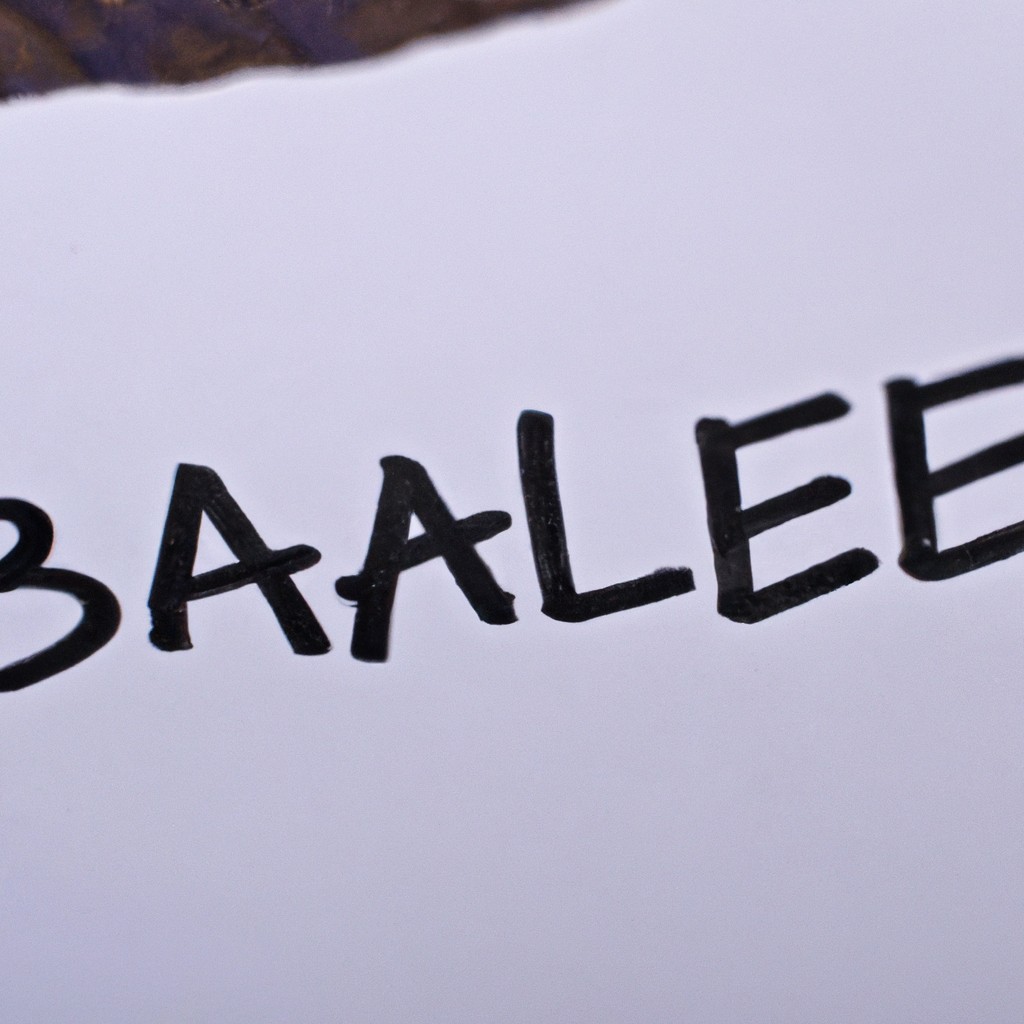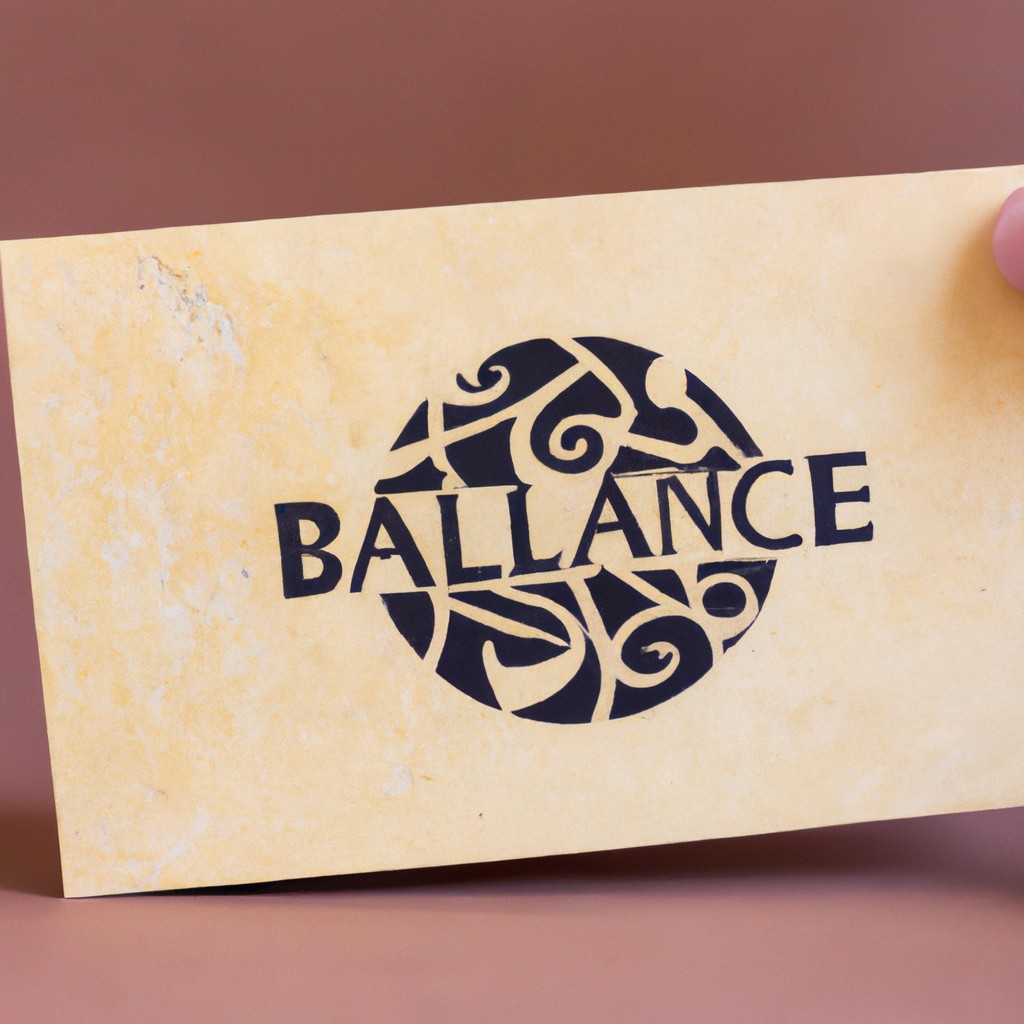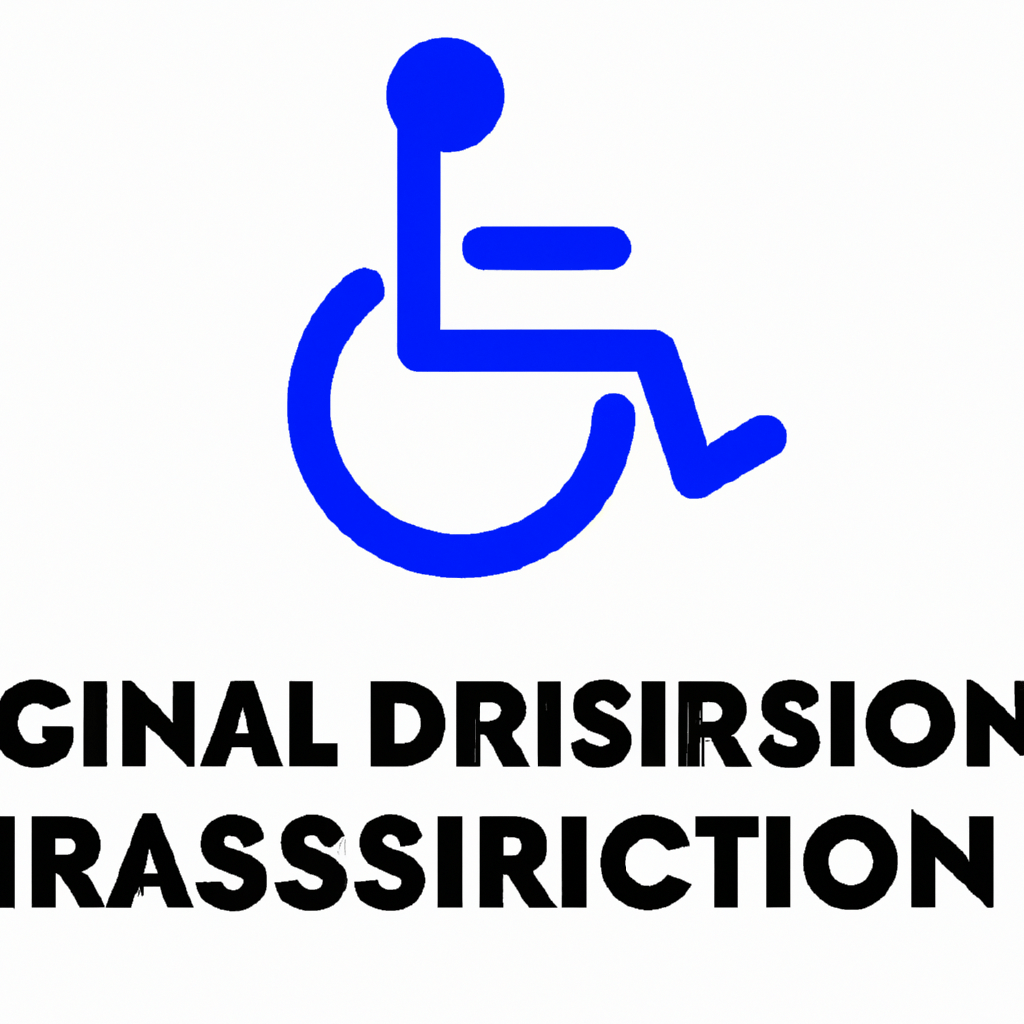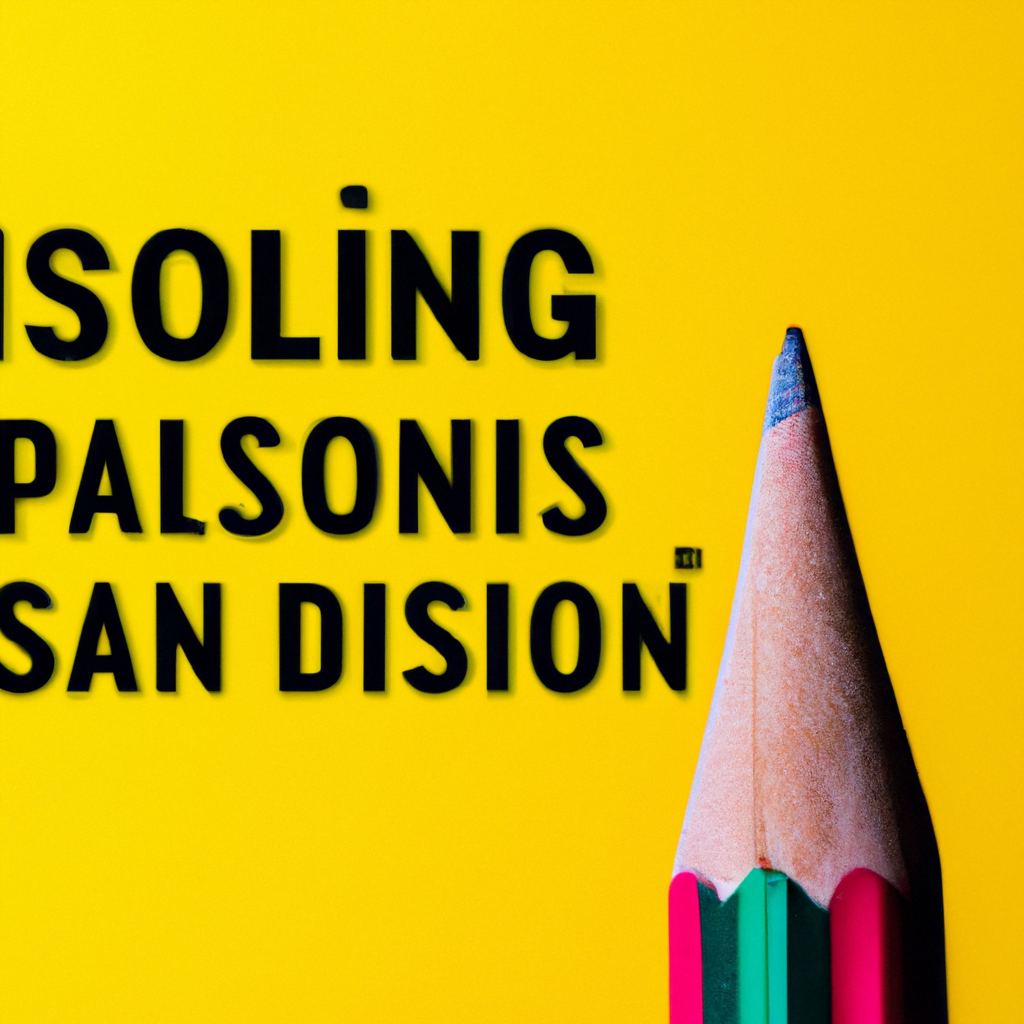Examples of systemic discrimination in different sectors (education

Systemic discrimination continues to be a pervasive issue in various sectors, including education. One example is the underrepresentation of marginalized communities in academic institutions. Despite efforts to promote diversity, racial and ethnic minority students often face barriers that limit their access to quality education. Discriminatory practices such as biased admissions processes and unequal resource allocation perpetuate this inequality. Additionally, the lack of culturally inclusive curriculum further marginalizes minority students, hindering their academic and personal growth. Systemic discrimination also manifests in disciplinary measures, as marginalized students are disproportionately targeted for harsher penalties. To address these issues, comprehensive reforms are necessary, including the implementation of inclusive policies, equitable resource distribution, and culturally responsive teaching methods.
Read more
Causes of systemic discrimination

Systemic discrimination is rooted in various factors, such as social norms, historical inequalities, and institutional bias. These underlying causes contribute to the perpetuation of discriminatory practices and structures within society. Social norms shape our beliefs, attitudes, and behaviors, often leading to the marginalization of certain groups based on race, gender, or other characteristics. Historical inequalities, such as the legacy of colonialism or slavery, have left lasting imprints on power dynamics and access to resources. Additionally, institutional bias in areas like education, employment, and criminal justice further reinforces systemic discrimination. Recognizing and addressing these root causes is essential in creating a more equitable and inclusive society for all.
Read more
Eliminating bias and discrimination

Eliminating bias and discrimination is crucial for building a fair and inclusive society. It requires a collective effort to challenge stereotypes and foster equality. Education plays a vital role in this process, as it helps individuals understand and empathize with diverse perspectives. By promoting diversity in workplaces and institutions, we can create environments where everyone feels valued and respected. It is essential to recognize and address our own biases, as they can unconsciously influence our thoughts and actions. Embracing differences and promoting a culture of acceptance will help break down barriers and create a more equitable society for all. Let us strive together to eliminate bias and discrimination, fostering a world founded on respect and equality.
Read more
systemic discrimination

Systemic discrimination is a deeply entrenched socio-economic phenomenon that plagues societies across the globe. It is a web of oppressive structures and biases that perpetuate inequality, targeting marginalized groups based on race, gender, sexual orientation, and more. With roots embedded in history, it manifests itself in various forms, such as employment disparities, unequal access to education, and discriminatory policies. It is a silent force that thrives in the shadows, constantly reminding individuals of their lack of privilege and reinforcing existing power imbalances. The consequences are far-reaching, inflicting profound emotional and psychological wounds on those subjected to its cruelty. Breaking free from this vicious cycle requires collective awareness, empathy, and a concerted effort to challenge the structural inequalities that give rise to systemic discrimination.
Read more
Disability discrimination

Disability discrimination is a harsh reality that many individuals with disabilities face on a daily basis. It involves the unfair treatment, prejudice, and exclusion of people with disabilities in various aspects of life, including employment, housing, education, and social interactions. This form of discrimination denies individuals with disabilities the same opportunities and rights that others enjoy freely. It perpetuates stereotypes and perpetuates a cycle of exclusion and marginalization. Disability discrimination not only hampers the personal development and well-being of those affected, but it also undermines the principles of equality and social justice that should be upheld in any inclusive society.
Read more
Age discrimination

Age discrimination is a prevailing issue that affects individuals across various sectors. Discrimination based on one's age can limit opportunities and perpetuate inequality in employment, education, and other areas of life. It involves the unfair treatment or exclusion of people solely because of their age, whether they are considered too young or too old for certain opportunities. Age discrimination not only undermines the principles of fairness and equality but also hampers societal progress by denying individuals the chance to contribute their skills and experiences. Addressing this issue is crucial for fostering a more inclusive and diverse society that values people of all ages.
Read more
Religious discrimination

Religious discrimination is a concerning issue that plagues societies worldwide. It entails treating individuals or groups unfairly, either through direct actions or systemic biases, based on their religious beliefs or affiliations. This discrimination violates fundamental principles of freedom of religion and equality. It fosters division, prejudice, and exclusion, hindering harmonious coexistence among diverse populations. Historically, religious discrimination has resulted in conflicts, persecution, and human rights abuses. It is essential to raise awareness, promote tolerance, and advocate for religious freedom to combat this injustice and create inclusive societies where individuals can practice their faith without fear of discrimination or persecution.
Read more
Gender discrimination

Gender discrimination is a deeply entrenched issue that continues to plague societies worldwide. It refers to the unfair treatment and prejudice against individuals based on their gender. From the workplace to education, gender discrimination manifests in various forms, including unequal pay, limited opportunities, and societal expectations and stereotypes. The consequences of such discrimination are far-reaching, stifling the potential and progress of individuals, and perpetuating inequality. Addressing gender discrimination requires collective efforts to challenge and dismantle societal norms, promote equal rights, and create inclusive environments that empower all individuals regardless of their gender identity.
Read more
Racial discrimination

Racial discrimination is a grave societal issue that continues to plague communities around the world. This form of discrimination manifests in various ways, ranging from explicit acts of racism to more subtle biases and prejudices. It is a complex issue deeply rooted in history, where individuals are mistreated, marginalized, or denied equal opportunities based solely on their race or ethnicity. The consequences of racial discrimination are far-reaching, impacting not only the targeted individuals but also society as a whole, perpetuating social inequalities and hindering progress towards a more inclusive and harmonious future. It is imperative that efforts be made to raise awareness, challenge stereotypes, and promote equality to eradicate racial discrimination from our societies.
Read more
History of discrimination

Discrimination, rooted deep in human history, is a persistent and troubling societal issue that has taken various forms throughout the ages. From the ancient civilizations of Mesopotamia and Egypt, where social hierarchies were based on class and ethnicity, to the more recent centuries marked by colonialism and exploitation, discrimination has left profound imprints on humanity's collective memory. Racial segregation, gender inequality, religious persecution, and socioeconomic disparities have all fueled divisive attitudes and actions. The struggle for equal rights and social justice has been a defining narrative, with numerous social movements challenging discriminatory practices and advocating for inclusive societies. Understanding and addressing the complex history of discrimination is vital in shaping a more equitable future for all.
Read more












